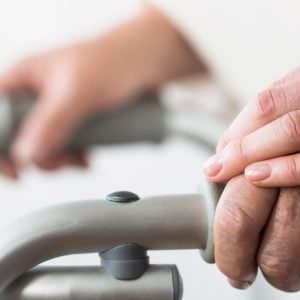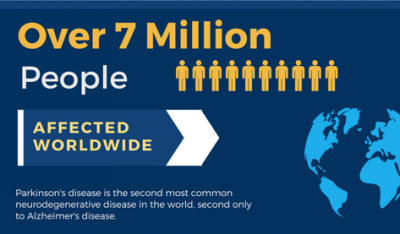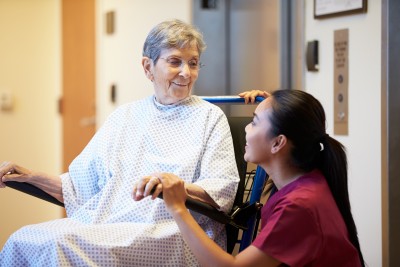Is it Possible for Doctors to Provide Compassionate Care?
The Physician's Oath promises to approach all patients with integrity, candor, empathy, and respect. I believe that most doctors take their oath seriously. I believe most doctors study very hard because they truly want to help other people and make a positive difference in the field of medicine. Doctors have a tremendous responsibility in today's messy healthcare environment. They work long hours, have many patients and deal with lots of complications to ultimately deliver the care that their patients need. So, is it really possible for doctors to provide compassionate care?





